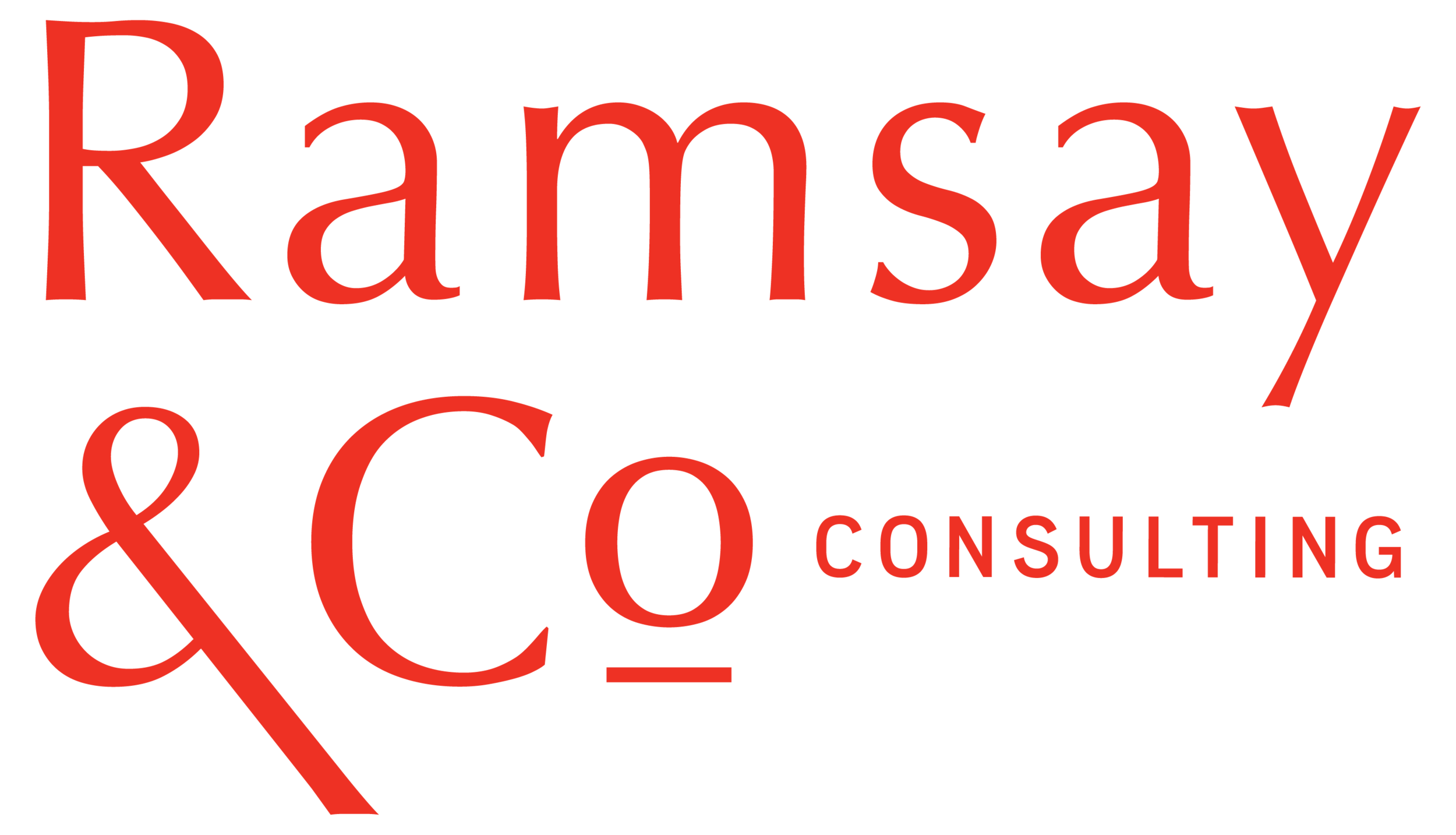#22 What Are the Most Important Stories to Tell?
On The Media and the power of journalism
Some stories need to be told. They sit inside of you and demand your attention until you set them free. They are essential. They insist that you share them and that you bring the attention of others to them.
As a former journalist I have an inborn belief in the value and power of telling and retelling important stories. But that demands that you seek them out, because good stories don’t just show up neatly packaged ready to be shared with the world. Often they’re born of your own exploration and dedication to truth and understanding. They’re a product of efforts to better understand the human condition.
By telling them you help bring light to important elements of the human experience that may not otherwise have been told. You spark conversations that may not otherwise have happened and you foster change that may not otherwise have been possible.
That comes to life in so many ways for some many different storytellers. From the journalist to the entrepreneur and everyone in between.
But, for me, there’s something special about the stories told by journalists. We can complain and say that the media has failed over the past decade and because of their own trenchant greed they made a Donald Trump presidency plausible and possible. But that’s only one part of the story. Journalists also hold governments and systems accountable simply by seeking out and telling stories. By reading the entire contents of the bill and sharing back the points that impact our lives. There’s a reason dictatorships attack the press first—a free (and diverse) press is essential for healthy societies.
I think the past few years have shown us how easily the media can be subverted and/or used as a tool by politicians. But the work that journalists do is still important, it’s why I spent so much of my younger years working to become one. I think in some ways, just like our political systems, our media systems are failing. But I also think there are important efforts out there to step in and fix those problems and shift how we tell and consume stories with a public interest.
I think our job as another kind of storyteller is to support those efforts and give voice to the ones we think are important. i.e. tweet, share, read, subscribe, pay (because capitalism) and most importantly demand more from our media. Some of the best stories I’ve read (in my entire life) have been written by journalists.
So my shared lesson for this week is a simple one. Explore real life stories written by journalists. They may change how you see and understand the world and they will most certainly help you tell your own stories with impact. I don’t mean go read a newspaper (because sometimes the news is hellish), I mean pick up a magazine or find a site and read a long, engaging story about the world out there.
A few places you can start:
Longform.org – Longform nonfiction is a delight to me and this site compiles some of the great ones
Esquire – Another great source of excellent long form. They published one of my all time favourites, “Frank Sinatra Has a Cold” by Gay Talese
Documentaries – The New York Times compiled a list of the best docs on Netflix right now. I’m not a huge doc fan, but the best ones captivate you with their storytelling and can change your entire worldview in under two hours.
Podcasts are another great source of excellent journalism. The folks at Reply All, bring me so much joy every other week with their classic journalistic approach to oral storytelling. You can’t go wrong with any episode, but the list above is a good place to start. This particular episode is by far my favourite.
And some essential stories don’t always come from journalists. This comedy set by Dave Chapelle is a powerful commentary about the death of George Floyd and the state of policing in America. It’s about an key 8 minutes and 46 seconds in modern history.
Read, consume media, learn from it, but also be critical of it, ask questions and demand answers. It’ll help make you a better storyteller with a wider lens and greater context and it’ll make for better journalists and more accountable media. Which, helpfully, makes for a better society overall.
Thanks for reading and I’ll “see” you next week. Whatever the world may bring, there will always be important stories that need you to tell them. I’ll be here to help.
If you know someone who has a story to tell and may need some help, please share this newsletter with them and encourage them to subscribe.
Also, if you’re enjoying this or if there’s something you’d like me to cover in a future letter—an element of your storytelling you may be struggling with, please let me know by leaving a comment below. I’m here to help.
You can follow me on Twitter here, and Instagram here. And you can always reach me through my website.
Chantaie Allick
Writer|Strategist|Storyteller
Thanks for reading Adventures in Storytelling!
Subscribe for free to receive weekly insights and resources for better communication through storytelling.

